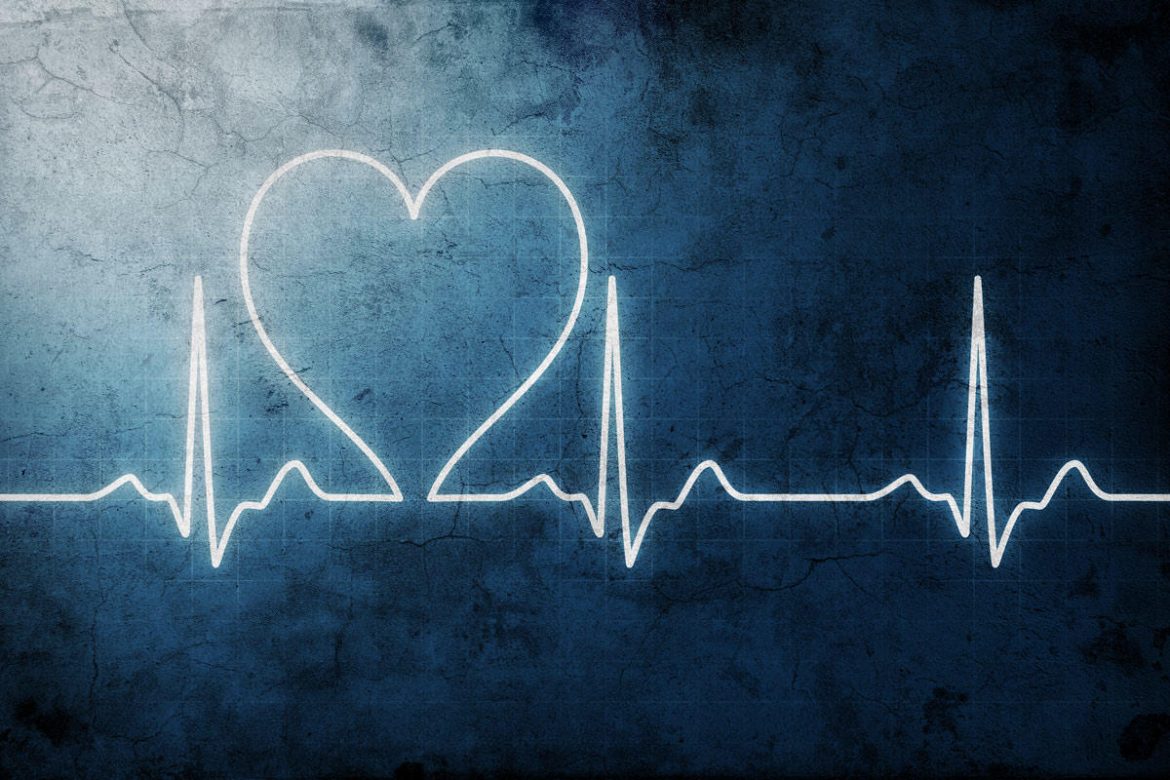Energy drinks have become increasingly popular among consumers seeking a quick boost of energy and alertness. Marketed as beverages that enhance physical and mental performance, these drinks often contain high levels of caffeine and other stimulating ingredients. However, concerns have been raised regarding their potential impact on cardiovascular health, particularly whether they can induce or exacerbate heart arrhythmias.
Understanding Arrhythmias
Before delving into the specific effects of energy drinks, it is crucial to understand what arrhythmias entail. Arrhythmias are abnormal heart rhythms that occur when the electrical impulses that coordinate heartbeats do not function properly. This can cause the heart to beat too quickly, too slowly, or irregularly. Arrhythmias can range from harmless to life-threatening and may lead to symptoms such as palpitations, dizziness, chest discomfort, or fainting.
SEE ALSO: Can Indigestion Cause Heart Arrhythmia?
Ingredients of Concern in Energy Drinks
Energy drinks typically contain a combination of ingredients aimed at boosting energy and alertness. The primary concern lies with:
Caffeine: A central nervous system stimulant found in varying amounts in energy drinks. Caffeine stimulates the heart and nervous system, potentially affecting heart rhythm.
Taurine: An amino acid thought to have stimulating properties. Its interaction with caffeine and other ingredients is not fully understood concerning cardiovascular effects.
Sugar: Often present in high quantities, which can contribute to obesity and metabolic disturbances, indirectly impacting cardiovascular health.
Other Stimulants: Such as guarana, ginseng, and various vitamins, which may have additive or synergistic effects with caffeine.
Mechanisms of Action on The Heart
Caffeine and Sympathetic Stimulation
Caffeine is a well-known stimulant that acts primarily by blocking adenosine receptors in the brain, leading to increased alertness and arousal. In moderate doses, caffeine can enhance physical and cognitive performance. However, at higher doses, it can lead to adverse effects such as palpitations, tremors, and anxiety. Caffeine stimulates the release of catecholamines (epinephrine and norepinephrine), which can increase heart rate and blood pressure, potentially triggering arrhythmias in susceptible individuals.
Electrolyte Imbalance
Energy drinks, particularly when consumed in large quantities or in combination with other caffeinated products, can lead to electrolyte disturbances. Electrolytes such as potassium, magnesium, and sodium play crucial roles in maintaining the electrical stability of the heart. Imbalances in these electrolytes can predispose individuals to arrhythmias.
Interactions with Medications And Pre-existing Conditions
Certain medications and underlying medical conditions can predispose individuals to arrhythmias. Energy drinks, through their stimulant effects, may interact with medications such as beta-blockers or increase the risk of arrhythmias in individuals with pre-existing heart conditions such as hypertension or structural heart disease.
Evidence from Studies And Case Reports
Several studies have investigated the potential link between energy drink consumption and cardiovascular events, including arrhythmias.
While the evidence is not conclusive, some findings suggest:
Increased Heart Rate: Energy drinks have been shown to increase heart rate acutely, especially in young individuals.
QT Prolongation: Prolongation of the QT interval on electrocardiogram (ECG), which can predispose to ventricular arrhythmias, has been reported in some studies.
Triggering Arrhythmias: Case reports and small studies have documented instances where energy drink consumption preceded the onset of arrhythmias, although causality is difficult to establish.
Regulatory Landscape And Health Guidelines
Given the potential health risks associated with energy drinks, regulatory agencies in various countries have implemented guidelines regarding their sale and consumption. These guidelines often include:
Caffeine Limits: Specifying maximum allowable caffeine content per serving.
Labeling Requirements: Ensuring clear labeling of caffeine content and potential health risks.
Restrictions on Marketing: Particularly targeting vulnerable populations such as children and adolescents.
Recommendations for Clinicians And Consumers
Clinician Guidance
Healthcare providers, particularly cardiologists and primary care physicians, should inquire about energy drink consumption during patient assessments, especially in individuals presenting with palpitations or unexplained arrhythmias. It is essential to educate patients about the potential cardiovascular risks associated with excessive energy drink consumption and to advise moderation or complete avoidance, particularly in high-risk populations.
Consumer Awareness
Consumers should be aware of the potential risks associated with energy drinks, especially when consumed in large quantities or in combination with alcohol or other caffeinated products. Reading and understanding product labels, moderating intake, and opting for healthier alternatives such as water or natural juices are advisable.
Conclusion
In conclusion, while energy drinks can provide a temporary boost in energy and alertness, their potential adverse effects on cardiovascular health, including the risk of inducing or exacerbating arrhythmias, should not be overlooked. Caffeine and other stimulating ingredients in these beverages have the capacity to affect heart rhythm through various mechanisms, particularly in susceptible individuals. More research is needed to fully elucidate the extent of these risks and to establish clear guidelines for safe consumption. Clinicians and consumers alike play crucial roles in promoting awareness and making informed decisions regarding energy drink use to safeguard cardiovascular health.

